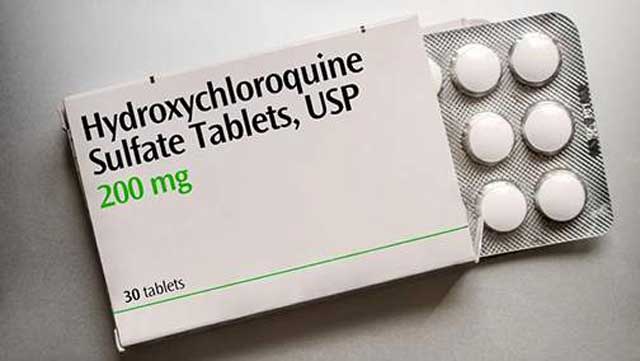
Kampala, Uganda | THE INDEPENDENT |
A new study has found that the two drug regimens; Hydroxychloroquine and chloroquine, that have been widely used in the treatment of COVID-19 are ineffective. The drugs instead lowered the chances of survival for those who used them, according to a reported published in the Lancet on Friday.
In this first largest analysis to be conducted since COVID-19 broke out in China in late 2019, scientists did a multinational registry assessment in 671 hospitals across six continents that had been seeing patients between December 20, 2019 and April 21. They were analyzing the use of hydroxychloroquine or chloroquine either in combination with other drugs such as azithromycin or alone.
They sought to establish whether the use of the medication reduced in-patient death or occurrence of ventricular fibrillation, a rapid life threatening heart rhythm, often triggered by a heart attack which is among the acute symptoms of the viral respiratory disease.
They studied a total of 96,032 patients where 14,888 were on treatment and 81,144 were in the control arm of the study and therefore were not given medication.
Of those on medication, the report notes 1868 received chloroquine alone whereas 3782 were being given the drug with a macrolide. 3016 other patients received hydroxychloroquine alone and some 6221 with a macrolide.
According to the findings, patients who were on drugs had decreased survival and increased frequency of ventricular fibrillation. On the basis of this finding, the scientists concluded that eventhough they are good for other illnesses, the drugs are not effective in the treatment and management of COVID-19.
In terms of what was more effective than the other, 23.8 percent of those that used hydroxychloroquine in combination with another drug died compared to 18 per cent who used it alone. With chloroquine, those that died and had been using it in combination were 22 percent compared to 16 per cent for those that used it in isolation. In the control arm who were not given anything, only 9.3 per cent died.
60 percent of the study participants were picked from hospitals in North America, 17 percent from Europe, 7.9 per cent from Asia, 4.6 per cent from Africa, 3.7 per cent from South America and the smallest percentage of 0.7 from Australia.
However, as these findings come out, many countries continue to stockpile the two drugs normally used for treatment of immunity disorders and malaria causing shortages. LRecently, it emerged that US president Donald Trump was using hydroxychloroquine as prophylaxis against the virus.
In Uganda, COVID-19 patients have since been shifted from chloroquine to hydroxychloroquine which is given in combination with other drugs including antibiotic azithromycin that was assessed in this new study.
*******
URN
 The Independent Uganda: You get the Truth we Pay the Price
The Independent Uganda: You get the Truth we Pay the Price





